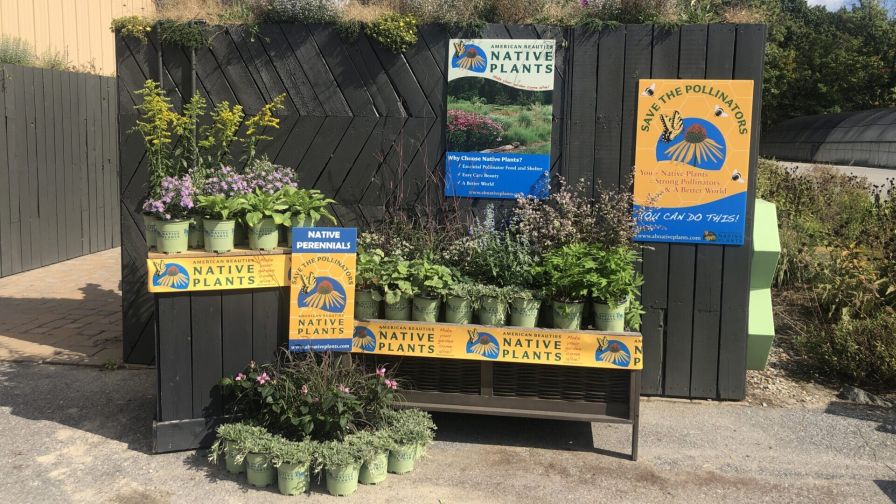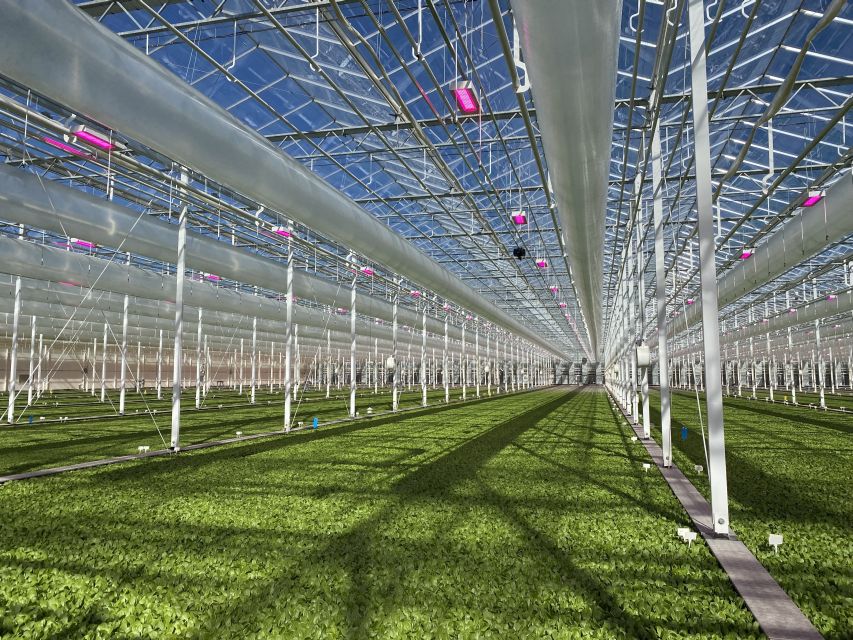How the Baltimore Bridge Collapse is Affecting Spring Shipping for Plant Growers
Now over a week since the collapse of the Francis Scott Key Bridge in Baltimore, MD, the ripple effects of economic impacts on the city and its trade and business throughout the country are becoming more certain.
Despite initial fears that supply chains would bear the brunt of the impact, many officials, on both the federal and local levels, disagree. Instead, they cite state-level logistics as the main area of concern in the wake of the toppled infrastructure.
“The collapse of the Francis Scott Key Bridge in Maryland is another reminder of the U.S. vulnerability to supply-chain shocks, but this event will have greater economic implications for the Baltimore economy than nationally,” says Ryan Sweet of Oxford Economics, according to Reuters, adding, “We don’t anticipate that the disruptions to trade or transportation will be visible in U.S. GDP, and the implications for inflation are minimal.”
Meanwhile, many additional ports along the East Coast aim to pick up the slack as the cleanup and eventual rebuilding process continues. “We have ample capacity to absorb any surge in container traffic,” says Port of Virginia spokesperson Joe Harris.
However, that doesn’t mean supply chains haven’t been affected. While the impacts appear to be less severe than initially anticipated, a few key industries have been heavily affected by the incident.
With much of the Baltimore port occupied by vehicle shipments, from consumer-based automotive models of cars and trucks to agricultural and construction equipment, much of this stock is likely to be rerouted and delayed from its anticipated delivery date.
Additionally, Baltimore is the second largest coal exporter in the U.S., behind only Norfolk, VA, according to the U.S. Energy Information Administration. Although coal is no longer the hot commodity it once was in the U.S., many international countries, such as India, still rely on the energy source for daily life.
Still, despite the automotive and coal sectors being the most acutely affected by the Francis Scott Key Bridge collapse, those involved in the floriculture and horticulture industries have problem areas to be aware of and address.
Due to the upcoming springtime season that is critical for the commercial needs of plant growers, there are concerns about the availability of certain supplies, primarily fertilizer, for the approaching season.
“There’s also a concern with the port of Baltimore with the fertilizer that we’re going to need here in the Midwest as we approach the growing season,” says U.S. Rep. Eric Sorensen (D-Moline) of Illinois, reported by local 25 News, citing the importance of agriculture and horticulture business to the region.
However, for those in the industry affected by disruptions and delays, the Animal and Plant Health Inspection Service (APHIS) of the USDA is providing guidance to importers. For information and updates on how these shipments are advised to proceed, please see the official release on the USDA’s website.
Additionally for all updates regarding progress on the situation regarding the Francis Scott Key Bridge in Baltimore, please consult the Key Bridge News section of the Maryland Transportation Authority website.









